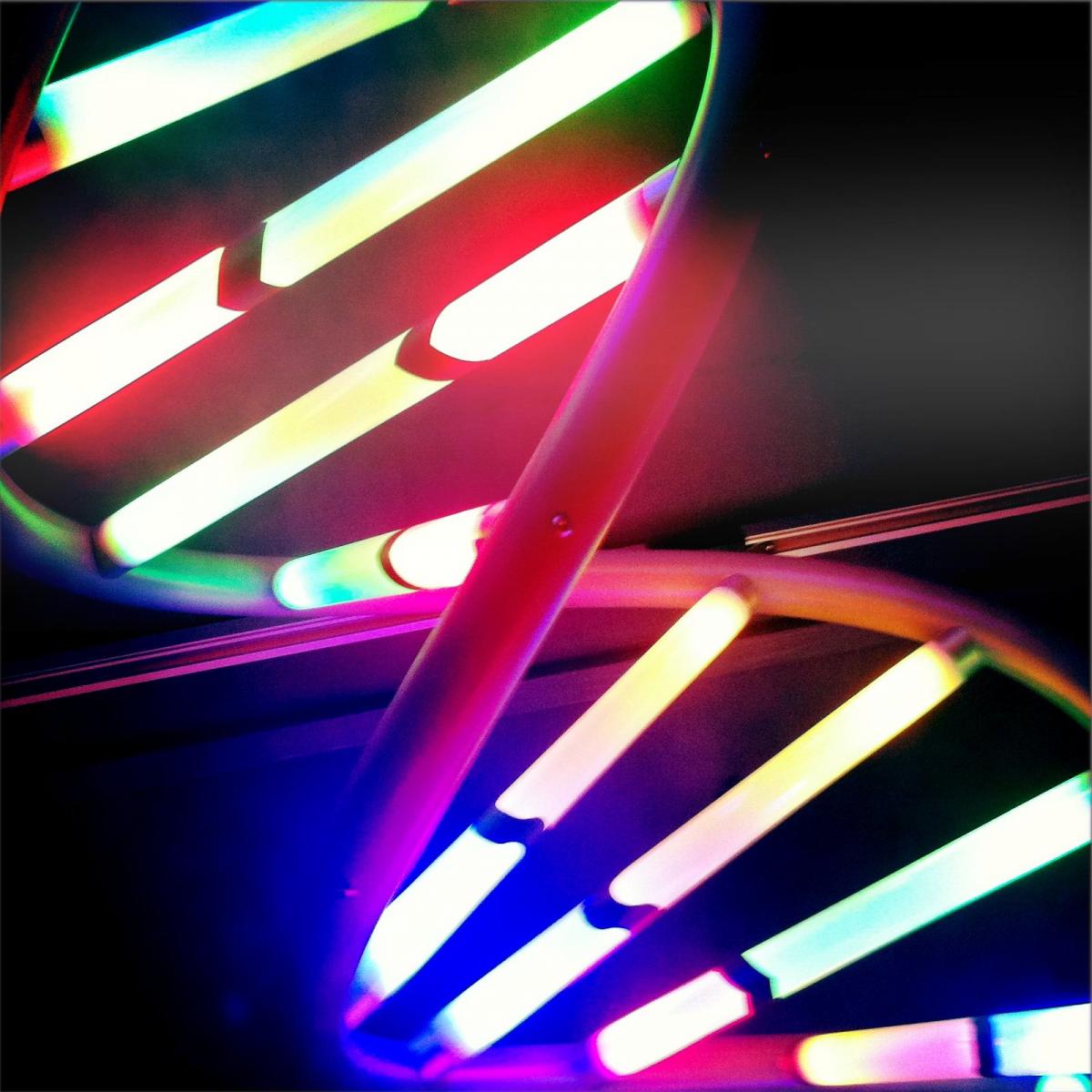Genes are mutating all the time, and usually for the worse. When that happens, the troublesome mutated genes are eliminated or somehow not allowed to express themselves. That’s what happened to a gene called SIGLEC12, which produces a protein as part of the human body’s immune response.
At some point in human evolution, it underwent a mutation that made it unable to distinguish between itself and invading microbes. That didn’t exactly make it the most popular gene in the pool, and it was inactivated. However, about one-third of people are still born with a functional SIGLEC12. Scientists think that this one-third of the population may be at an increased risk of cancer thanks to the gene.
A team of researchers conducted a series of experiments looking at tissues, cancer patients, and mice. In one experiment examining cancerous and noncancerous tissue samples, scientists found the protein produced by this gene in most of the samples that had carcinomas, and found that tissue samples with advanced carcinomas were more than twice as likely to express the protein compared to normal tissue samples.
When looking at a population of patients with advanced stage colorectal cancer, the researchers found that over 80 percent had the functional form of the SIGLEC12 gene, and that 80 percent had a higher mortality rate. When researchers introduced SIGLEC12-producing tumor cells into mice, they found that the tumors grew faster and tended to act more like advanced cancers than tumor cells without the gene.
Pinpointing genes that increase cancer risk can help scientists figure out ways to help patients. Maybe, in the future, scientists will be able to quell this rogue gene’s rebellion.
This Moment of Science comes from Indiana University.
There are thousands more Moments of Science on our Web site at a-moment-of-science.org, where you can also view videos and sign up for podcasts.
I'm Yaël Ksander.










